From SciTechDaily:
 Scientists are harnessing a new way to turn cancer cells into potent, anti-cancer agents. In the latest work from the lab of Khalid Shah, MS, PhD, at Brigham and Women’s Hospital, a founding member of the Mass General Brigham healthcare system, investigators have developed a new cell therapy approach to eliminate established tumors and induce long-term immunity, training the immune system so that it can prevent cancer from recurring. The team tested their dual-action, cancer-killing vaccine in an advanced mouse model of the deadly brain cancer glioblastoma, with promising results. Findings are published in Science Translational Medicine.
Scientists are harnessing a new way to turn cancer cells into potent, anti-cancer agents. In the latest work from the lab of Khalid Shah, MS, PhD, at Brigham and Women’s Hospital, a founding member of the Mass General Brigham healthcare system, investigators have developed a new cell therapy approach to eliminate established tumors and induce long-term immunity, training the immune system so that it can prevent cancer from recurring. The team tested their dual-action, cancer-killing vaccine in an advanced mouse model of the deadly brain cancer glioblastoma, with promising results. Findings are published in Science Translational Medicine.
“Our team has pursued a simple idea: to take cancer cells and transform them into cancer killers and vaccines,” said corresponding author Khalid Shah, MS, PhD, director of the Center for Stem Cell and Translational Immunotherapy (CSTI) and the vice chair of research in the Department of Neurosurgery at the Brigham and faculty at Harvard Medical School and Harvard Stem Cell Institute (HSCI). “Using gene engineering, we are repurposing cancer cells to develop a therapeutic that kills tumor cells and stimulates the immune system to both destroy primary tumors and prevent cancer.”
More here.

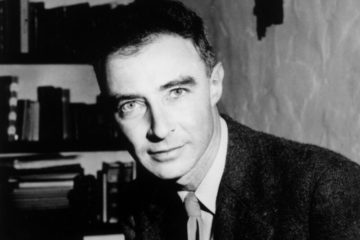 Nearly 70 years after having his security clearance revoked by the Atomic Energy Commission (AEC) due to suspicion of being a Soviet spy, Manhattan Project physicist
Nearly 70 years after having his security clearance revoked by the Atomic Energy Commission (AEC) due to suspicion of being a Soviet spy, Manhattan Project physicist 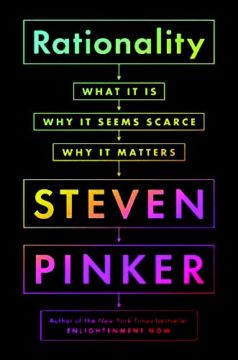 Just another run-of-the-mill, middle-of-the-road Pinker volume. Which is another way of saying it’s bloody marvelous. What a consummate intellectual this man is! Every one of his books is a bracing river of fluent readability to delight the non-specialist. Yet each one simultaneously earns its place as a major professional contribution to its own field. Grasp the fact that the field is different for each book, and you have the measure of this scholar. Steven Pinker’s professional expertise encompasses linguistics, psychology, history, philosophy, evolutionary theory—the list goes on. There’s even a book on how to write good English—for, sure enough, he is a master of that too.
Just another run-of-the-mill, middle-of-the-road Pinker volume. Which is another way of saying it’s bloody marvelous. What a consummate intellectual this man is! Every one of his books is a bracing river of fluent readability to delight the non-specialist. Yet each one simultaneously earns its place as a major professional contribution to its own field. Grasp the fact that the field is different for each book, and you have the measure of this scholar. Steven Pinker’s professional expertise encompasses linguistics, psychology, history, philosophy, evolutionary theory—the list goes on. There’s even a book on how to write good English—for, sure enough, he is a master of that too. The village was located in the central Indian state of Chhattisgarh, on the edge of the dense Hasdeo Arand forest. One of India’s few pristine and contiguous tracts of forest, Hasdeo Arand sprawls across more than 1,500 sq km. The land is home to rare plants such as epiphytic orchids and smilax, endangered animals such as sloth bears and elephants, and sal trees so tall they seem to brush against the sky.
The village was located in the central Indian state of Chhattisgarh, on the edge of the dense Hasdeo Arand forest. One of India’s few pristine and contiguous tracts of forest, Hasdeo Arand sprawls across more than 1,500 sq km. The land is home to rare plants such as epiphytic orchids and smilax, endangered animals such as sloth bears and elephants, and sal trees so tall they seem to brush against the sky.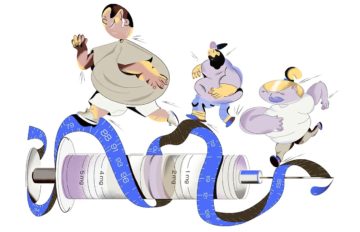 The hotel ballroom was packed to near capacity with scientists when Susan Yanovski arrived. Despite being 10 minutes early, she had to manoeuvre her way to one of the few empty seats near the back. The audience at the ObesityWeek conference in San Diego, California, in November 2022, was waiting to hear the results of a hotly anticipated drug trial. The presenters — researchers affiliated with pharmaceutical company Novo Nordisk, based in Bagsværd, Denmark — did not disappoint. They described the details of an investigation of a promising anti-obesity medication in teenagers, a group that is notoriously resistant to such treatment. The results astonished researchers: a weekly injection for almost 16 months, along with some lifestyle changes, reduced body weight by at least 20% in more than one-third of the participants
The hotel ballroom was packed to near capacity with scientists when Susan Yanovski arrived. Despite being 10 minutes early, she had to manoeuvre her way to one of the few empty seats near the back. The audience at the ObesityWeek conference in San Diego, California, in November 2022, was waiting to hear the results of a hotly anticipated drug trial. The presenters — researchers affiliated with pharmaceutical company Novo Nordisk, based in Bagsværd, Denmark — did not disappoint. They described the details of an investigation of a promising anti-obesity medication in teenagers, a group that is notoriously resistant to such treatment. The results astonished researchers: a weekly injection for almost 16 months, along with some lifestyle changes, reduced body weight by at least 20% in more than one-third of the participants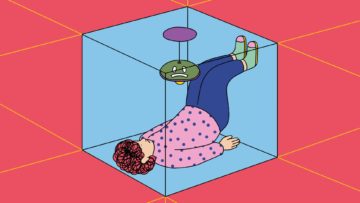 C
C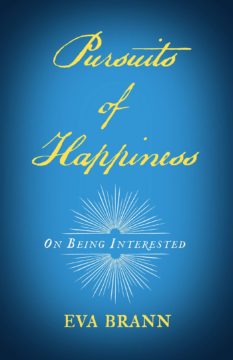 Brann’s new book sweeps across the vast range of things that hold her interest. It thus invites us to enjoy the life of the mind and to live from our highest selves. A thoughtful encounter with this book will make you, I swear, a better person. The book includes chapters on Thing-Love, the Aztecs, Athens, Jane Austen, Plato, Wisdom, the Idea of the Good. The first half provides an on-ramp to the chapter titled “On Being Interested,” which falls in the dead center of the book. This central chapter serves as more than a cog in the wheel: it is an ars poetica. Addressing issues of attention, focus, and interest itself, as well as how and where to deploy these functions throughout our lives, “Being Interested” offers a solution for any seeker intrigued by the notion that happiness is not an accident but a vocation. Brann characterizes the pursuit of happiness as “ontological optimism […] to be maintained in the face of reality’s recalcitrance.” In her 2010 book Homage to Americans: Mile-High Meditations, Close Readings, and Time-Spanning Speculations, Brann recounts her experience of waiting for a delayed flight at the Denver Airport. Rather than whining about the tedium and soul-sucking banality of the event, she turns her exquisite attention to the actual experience of “waiting.” Possessed of a consistent ability to enjoy, Brann seems literally incapable of boredom.
Brann’s new book sweeps across the vast range of things that hold her interest. It thus invites us to enjoy the life of the mind and to live from our highest selves. A thoughtful encounter with this book will make you, I swear, a better person. The book includes chapters on Thing-Love, the Aztecs, Athens, Jane Austen, Plato, Wisdom, the Idea of the Good. The first half provides an on-ramp to the chapter titled “On Being Interested,” which falls in the dead center of the book. This central chapter serves as more than a cog in the wheel: it is an ars poetica. Addressing issues of attention, focus, and interest itself, as well as how and where to deploy these functions throughout our lives, “Being Interested” offers a solution for any seeker intrigued by the notion that happiness is not an accident but a vocation. Brann characterizes the pursuit of happiness as “ontological optimism […] to be maintained in the face of reality’s recalcitrance.” In her 2010 book Homage to Americans: Mile-High Meditations, Close Readings, and Time-Spanning Speculations, Brann recounts her experience of waiting for a delayed flight at the Denver Airport. Rather than whining about the tedium and soul-sucking banality of the event, she turns her exquisite attention to the actual experience of “waiting.” Possessed of a consistent ability to enjoy, Brann seems literally incapable of boredom.
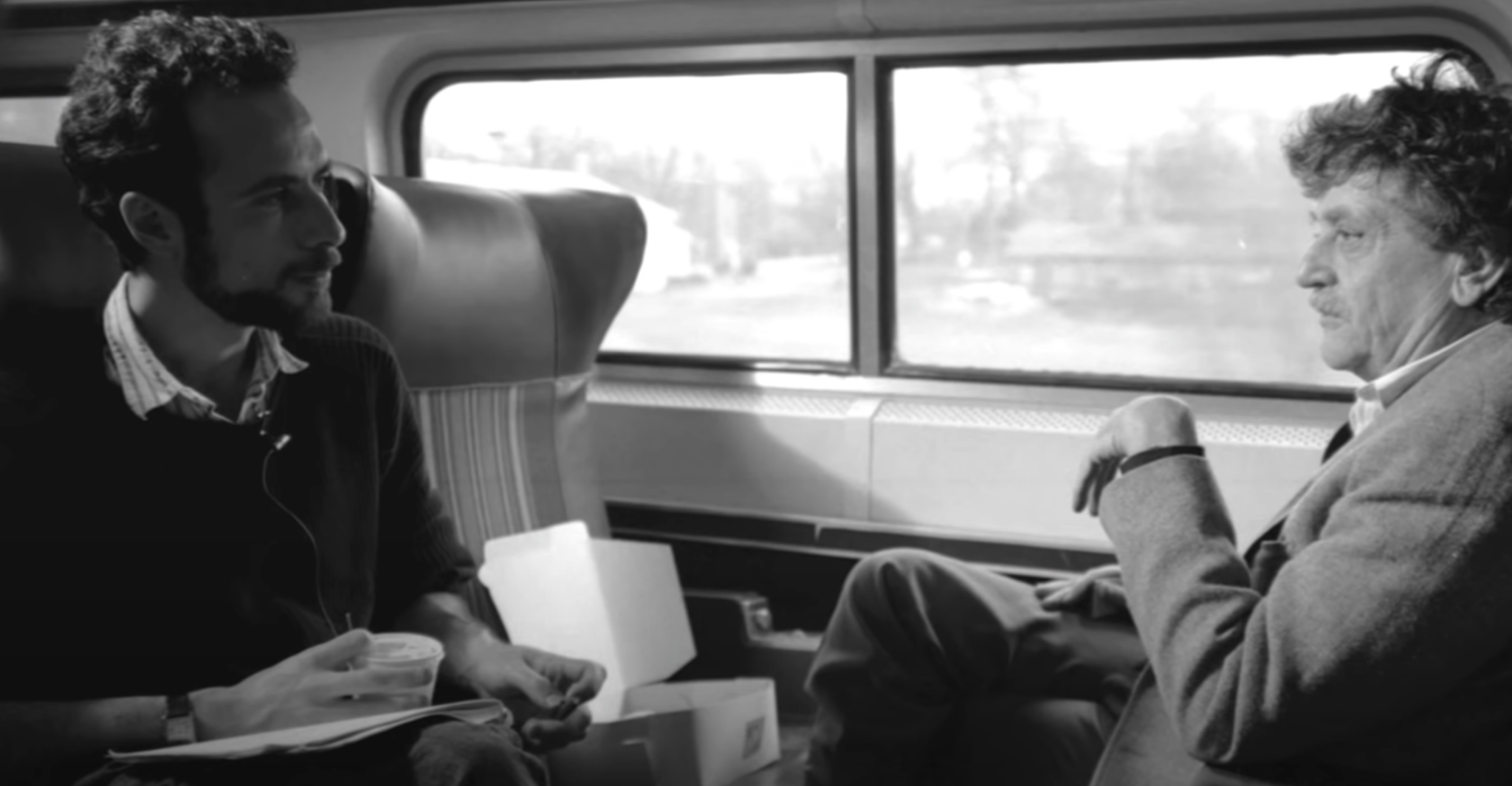 IFC Films has released a
IFC Films has released a 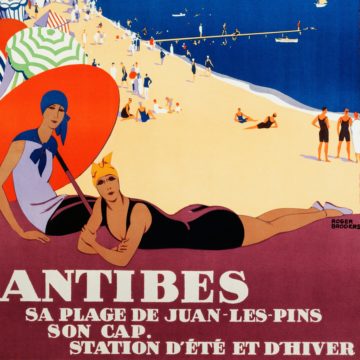 One of the first things I learnt to say in Dutch was ‘we beat them to death with sticks’. Not exactly standard fare for the first week of language classes, but then again this wasn’t an ordinary language class. As a historian working with 16th- and 17th-century documents, I was taking a specialised class to learn to read the Dutch of the period – so, instead of learning how to talk about hobbies or ask directions to the train station, we jumped straight into texts from the so-called Golden Age of the Netherlands.
One of the first things I learnt to say in Dutch was ‘we beat them to death with sticks’. Not exactly standard fare for the first week of language classes, but then again this wasn’t an ordinary language class. As a historian working with 16th- and 17th-century documents, I was taking a specialised class to learn to read the Dutch of the period – so, instead of learning how to talk about hobbies or ask directions to the train station, we jumped straight into texts from the so-called Golden Age of the Netherlands. After a year of political turmoil and financial embarrassment, Britain ends 2022 shaken. There is a new spate of talk about national decline. Once again the UK is falling behind. The outlook is uncertain. It is symptomatic that Perry Anderson chose already in 2020, to author yet another gigantic essay for the
After a year of political turmoil and financial embarrassment, Britain ends 2022 shaken. There is a new spate of talk about national decline. Once again the UK is falling behind. The outlook is uncertain. It is symptomatic that Perry Anderson chose already in 2020, to author yet another gigantic essay for the 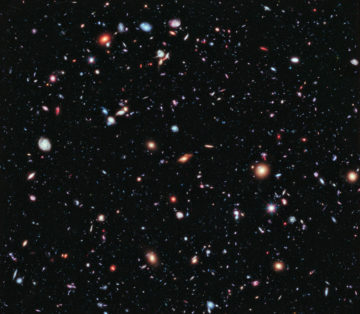
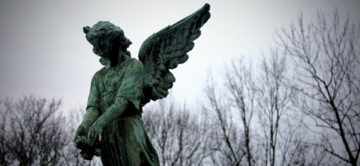 Though never a household name, Bruce Duffy drew rapturous critical praise for his 1987 debut novel,
Though never a household name, Bruce Duffy drew rapturous critical praise for his 1987 debut novel, 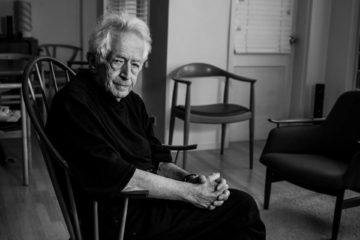 This past spring, the philosopher Richard J. Bernstein taught his final two classes at the New School for Social Research, in New York, where he had been a professor since 1989. One was a course on American pragmatism, the tradition to which his own work belongs. The other was a seminar on
This past spring, the philosopher Richard J. Bernstein taught his final two classes at the New School for Social Research, in New York, where he had been a professor since 1989. One was a course on American pragmatism, the tradition to which his own work belongs. The other was a seminar on